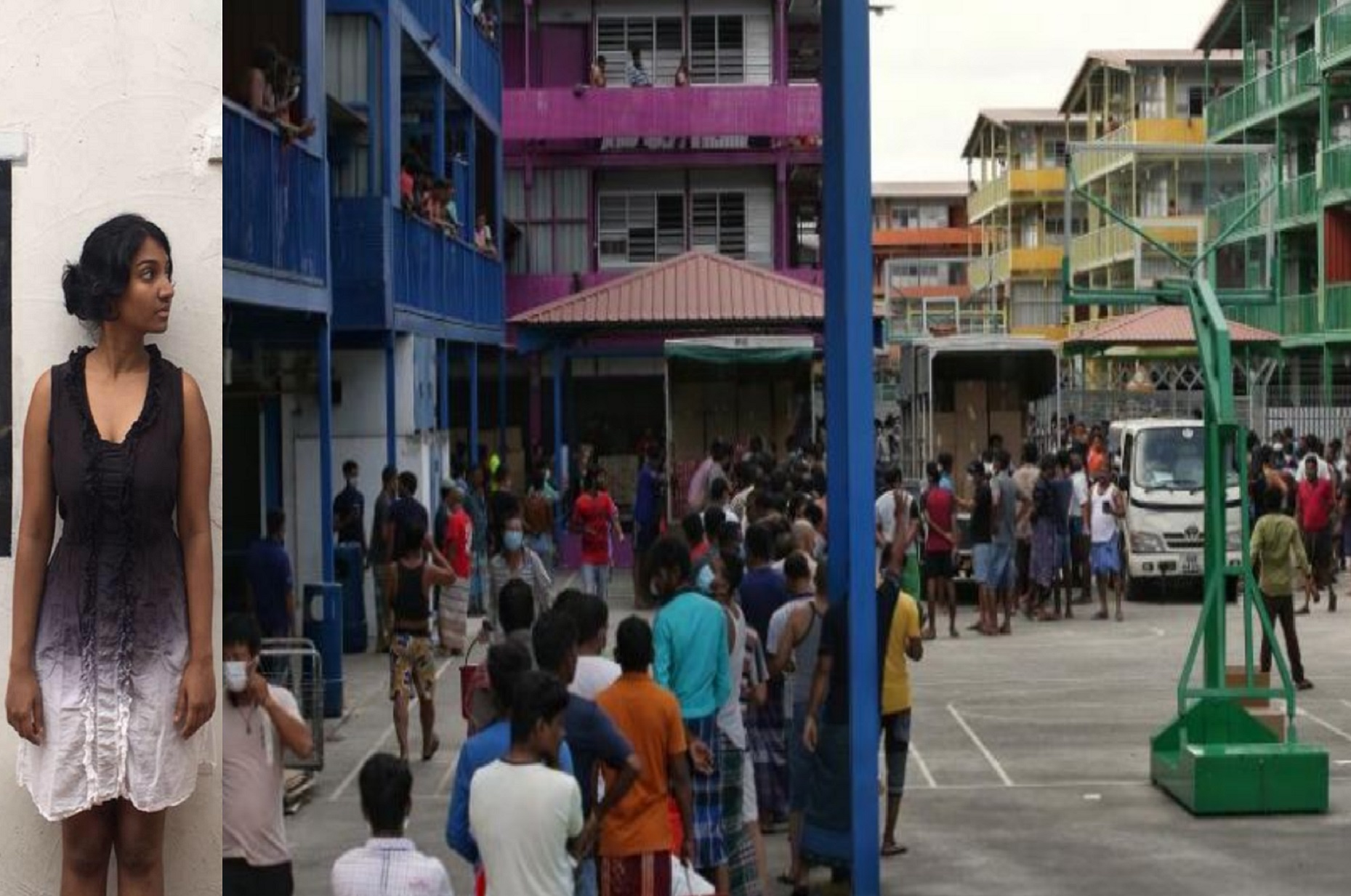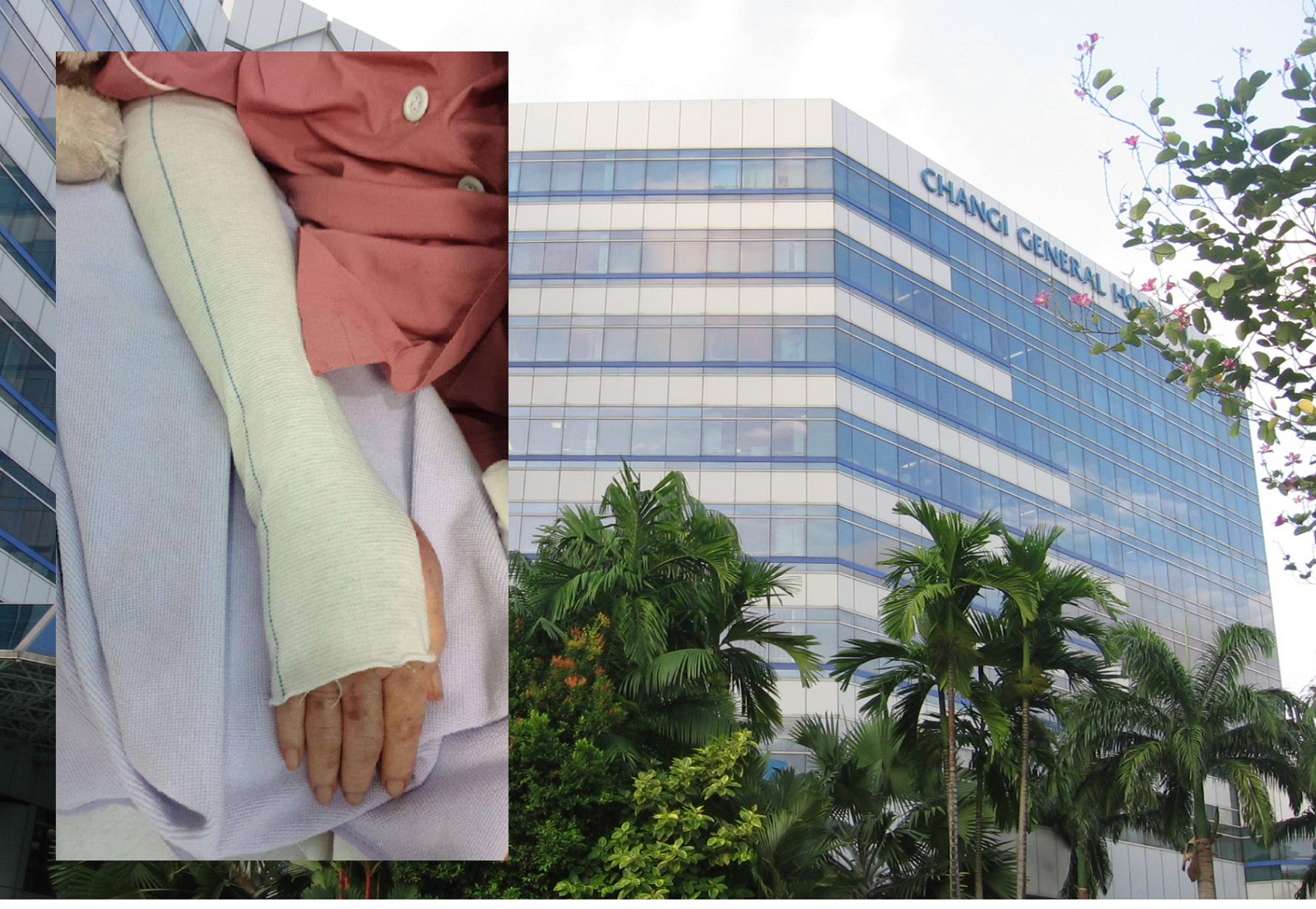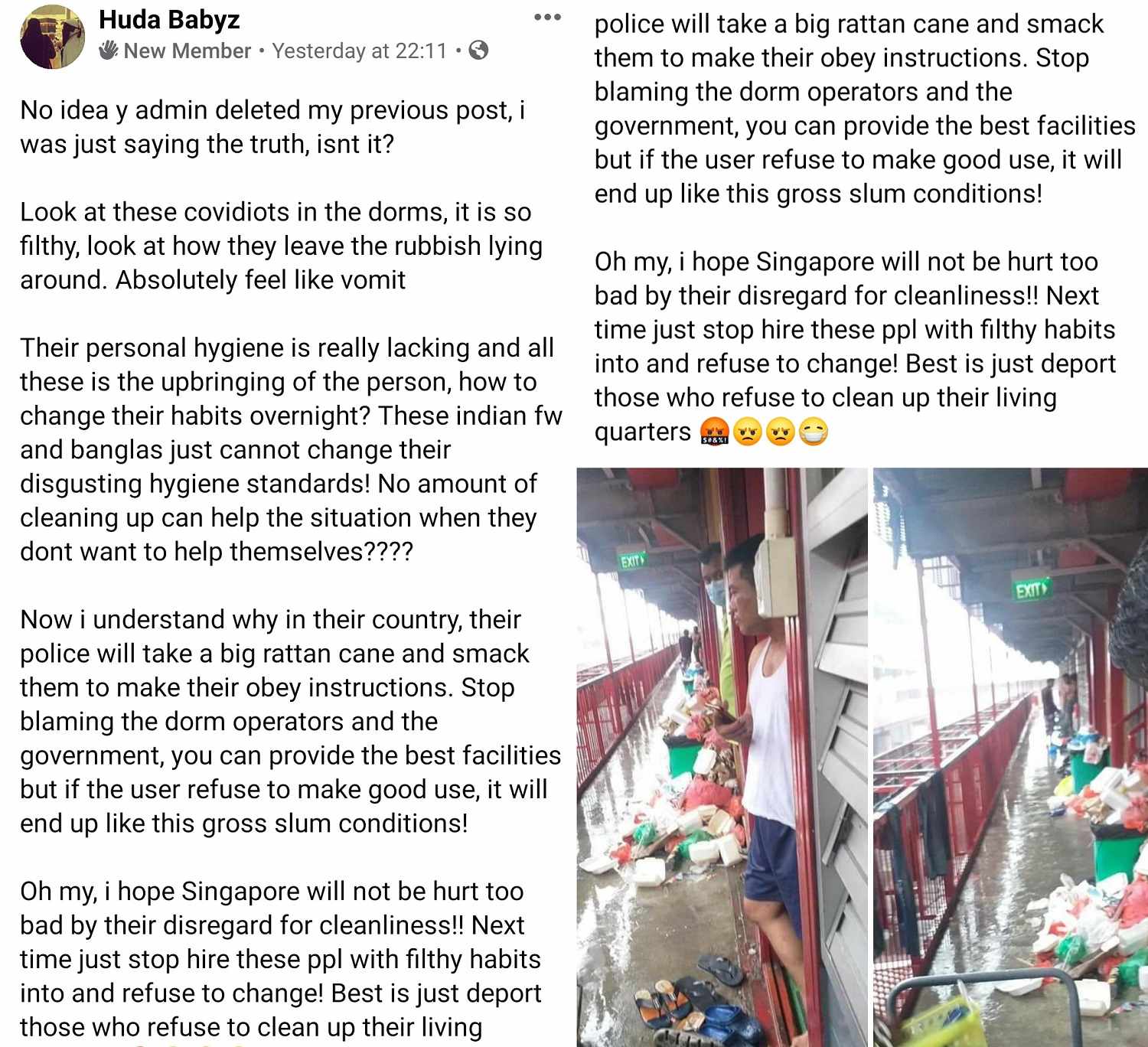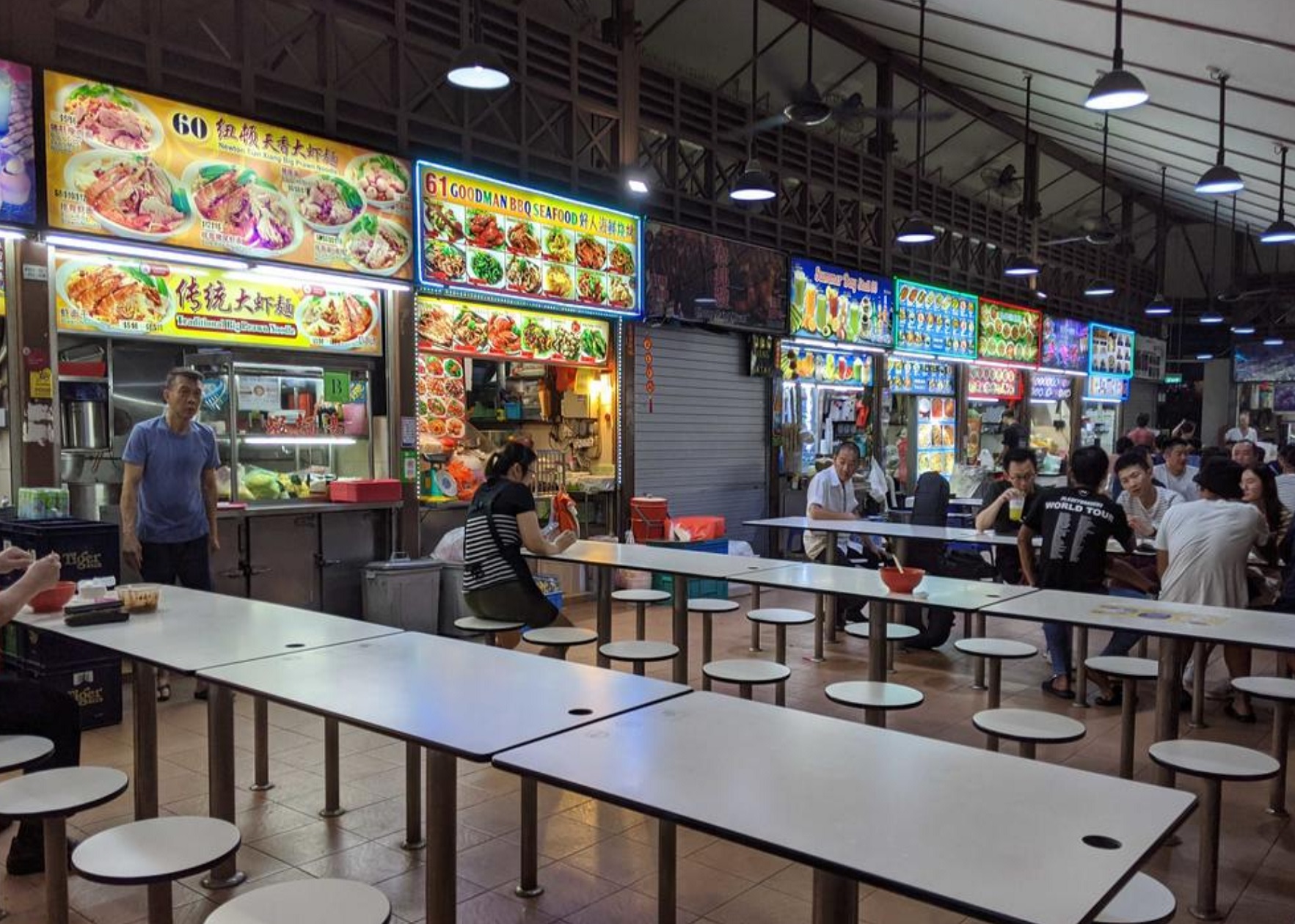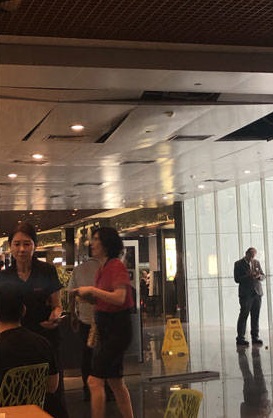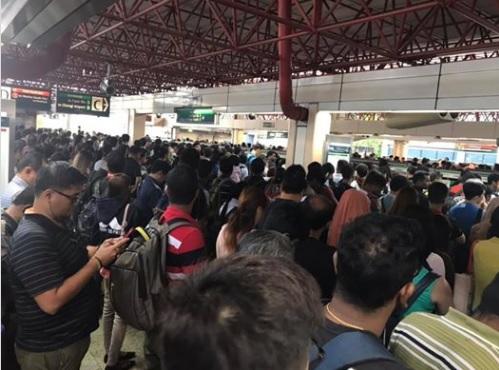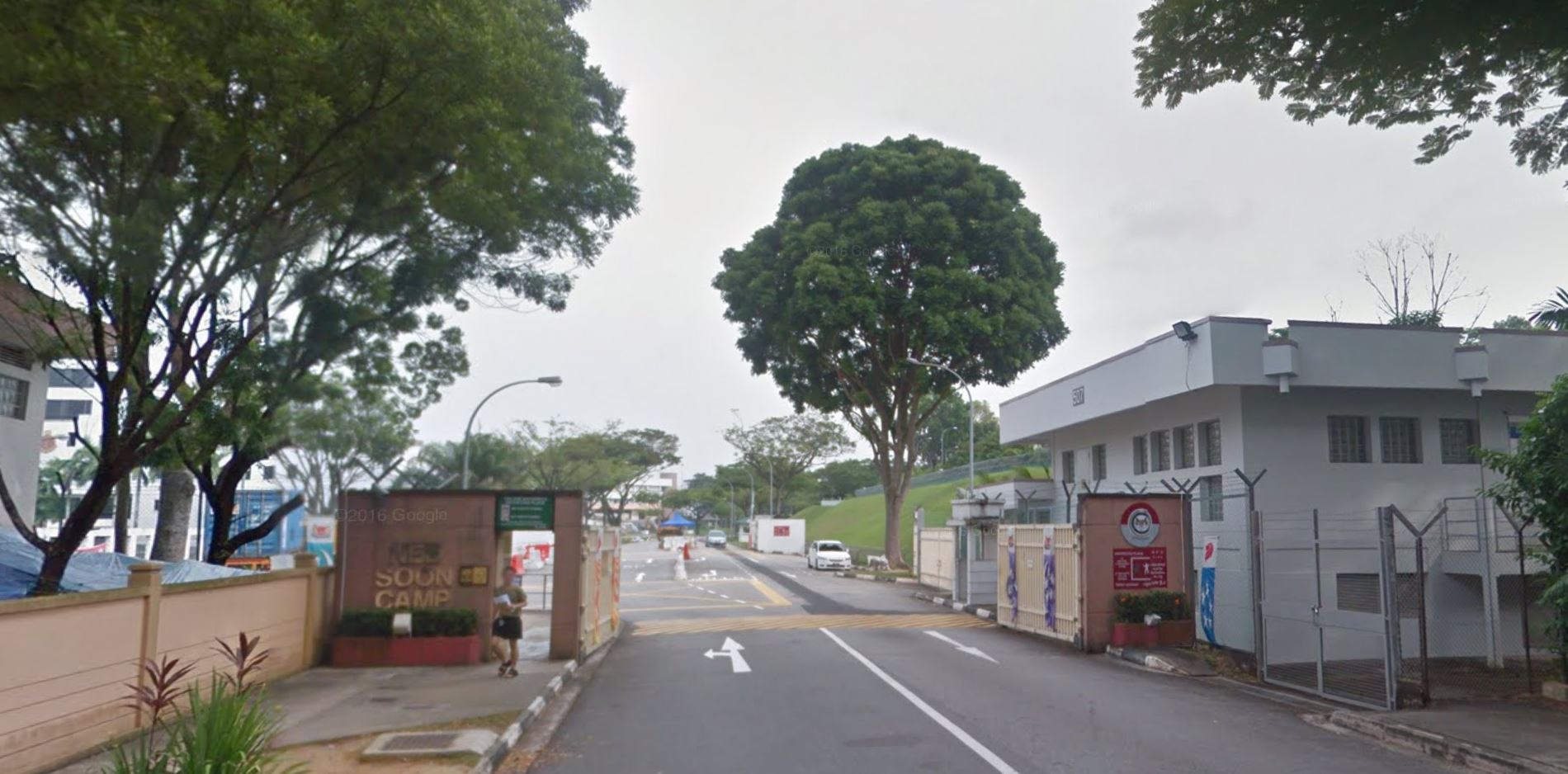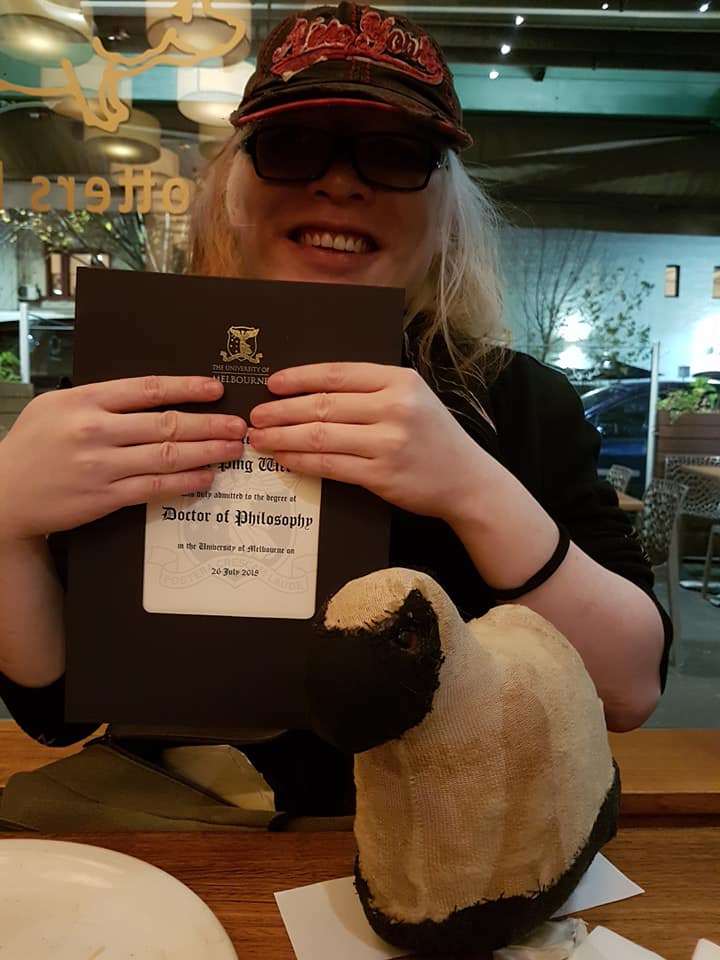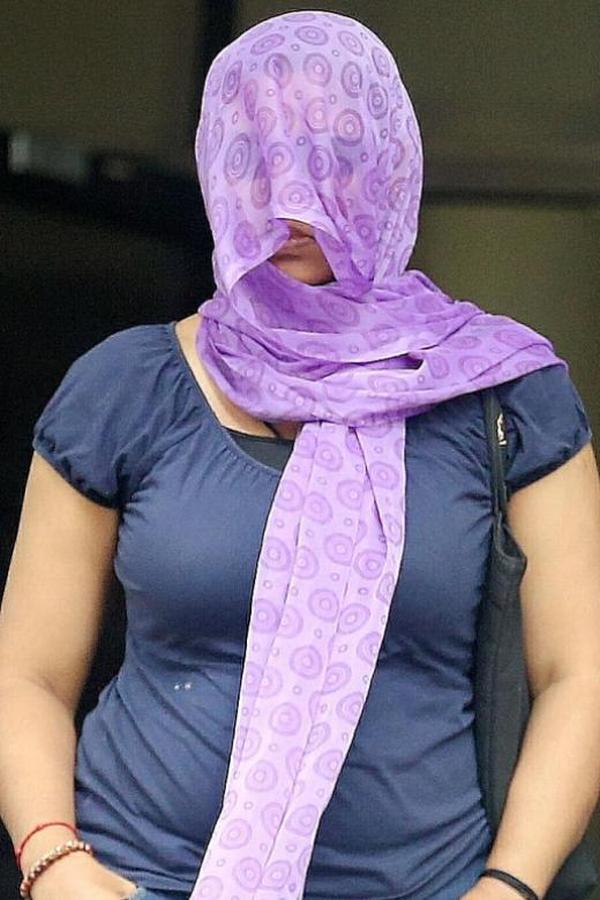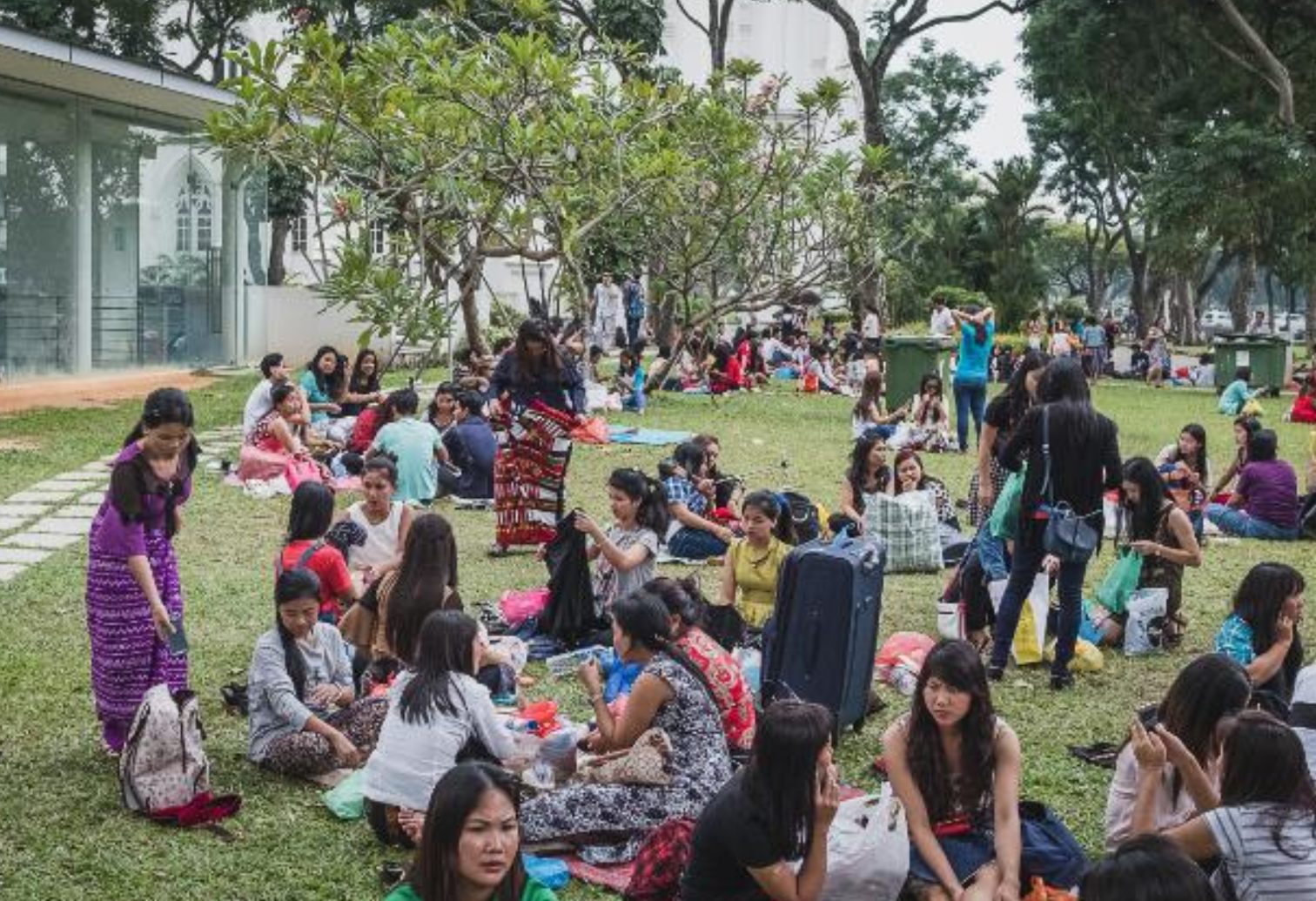A Singaporean female, Ms Lim, lambasted CGH at the alleged poor treatment meted out to her grandmother, who recently passed away. From the length and detail in the post, her torment and anger were very palpable.
You can see her full post here:
Her grandmother is a dementia patient who was warded at CGH in Feb this year after a fall. The fall resulted in compression fractures which needed time to heal. Then on, her grandmother was in and out of CGH due to several bouts of UTI (urinary tract infection).
She was eventually warded in a dementia-specific ward, Ward 68, in April. The condition deteriorated further. She was suspected of having ischemic bowels after she vomitted blood and had stomach aches. Due to her fragile condition, the doctors explained that there was nothing further that they could do, except to provide palliative care. They prepared the family for the worst.
Despite her frail condition, the grandmother managed to push through for another nine more days. In those nine days, Ms Lim saw how some of the doctors and nurses were “unprofessional, unsympathetic, and insensitive towards my grandma and family”. The experience was so bad that they eventually made the difficult call to transfer the grandmother to NUH, despite knowing that she may not be able to take the journey there.
Even then, the doctors at CGH did not want to share the grandmother's medical records with CGH. The family also had to source out for an ambulance to transfer the grandmother on their own.
The experiences at NUH was a stark contrast to the poor service at CGH. There the nurses and doctors found severe bedsores, to the surprise of the family. These bedsores were immediately treated. On top of that, the family was also given booklets on coping with the end of life. The nurses also routinely checked on the gradmother at more frequent intervals, and were careful and professional when doing their checks.
This wide difference in standards deserves further scrutiny.
Hospitals must exercise great care and sensitivity when dealing with end-of-life patients. Whatever that can be done to make the patient's final moments more comfortable, should be carried out by the hospital. They must be more sensitive to the feelings of the family members who struggle to cope with the impending death of a loved one.
Hospitals must also work together and share the medical records of such patients, if they are to be transferred from one hospital to another. Surely, the patient has to be prioritised.
This case illustrates plainly the cultural and systemic weaknesses that need to be addressed. On their own, these hospitals may not want to work with each other for professional or economic reasons. This is where the Minsitry of Health can step in to provide a better framework and guidelines that these hospitals must abide by to ensure that all hospitals meet a certain standard of service and competence.
